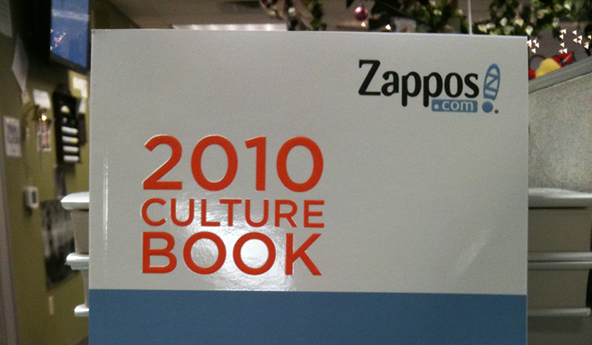Impact of Durbin Amendment on Consumers Will Be Neutral at Best

The Financial Services Roundtable has published a fact sheet that lists the results of several studies into the impact on consumers of the Durbin Amendment that went into effect in the beginning of October.
While the FSR, a body representing 100 large financial services companies, clearly has a stake in the game, the numbers it is reporting are fairly uncontroversial and, unless you’ve been living under a rock in the past few months, you should have noticed that banks have been testing various strategies for making up for lost interchange revenues. While some of them have backfired and have been abandoned, most prominently the ill-conceived debit card fee tested by most large banks, other and less conspicuous fees have proved more resilient and are now here to stay.
Sen. Durbin and others may argue all they want that banks have no right to even try to recoup their interchange losses, but in reality they are trying just that and eventually will succeed in doing it. And it all started with the senator’s amendment.
How the Durbin Amendment Is Impacting Consumers
Here is what the FSR’s report says:
FACT: Most merchants will see substantial debit fee savings as a result of the Durbin Amendment. TSG Metrics Survey, October 14, 2011.
FACT: The average savings per merchant is $260.24 for every $100,000 of signature debit and credit card volume processed. Heartland Payment Systems Survey, October 28, 2011.
- Washington DC merchants received the highest average savings of $333.94.
FACT: There is no legal requirement for merchants to pass on savings from the Durbin Amendment to consumers.
FACT: In fact, 41% of merchants reported they do not intend to pass on lower debit card costs to consumers, when asked about the Durbin Amendment. DRF Survey, September 1, 2011.
- 56% of merchants in the survey reported they don’t know yet what they will do.
FACT: There is currently no published research showing that consumers have seen reduced fees at stores as a result of the Durbin Amendment.
FACT: Additionally, consumers are facing higher bank fees, according to the 2011 Bankrate Checking Survey. Bankrate Checking Survey, 2011.
- Just 45 percent of noninterest checking accounts are free of maintenance charges, down from 65 percent in 2010 and 76 percent in 2009.
- “The entire model of free checking has been turned upside down because of <Regulation E and the Durbin Amendment>,” said Ajay Nagarkatte, managing director of Chicago-based BAI Research, in the Bankrate survey.
There it is. It is clear (as it always has been to those who were paying attention) who is benefiting from the legislation and who isn’t.
How Banks Cope with the Durbin Amendment Effects
While the various debit card fees tested by Bank of America, Wells Fargo, Chase and other big banks have been getting the most attention, they are just one piece of the banks’ strategies for dealing with the Durbin Amendment’s revenue-slashing effects. These fees were eventually abandoned and the banks no doubt regret having ever decided to test them, but many other components of their strategies are very much alive.
Banking is still becoming more expensive, debit card fees or not. As the FSR study shows, free checking is quickly disappearing and other banking fees are creeping in, as the NYT recently reported.
At the same time banks are pushing hard to drive customers away from far less profitable debit cards and toward credit and prepaid cards, which were unaffected by the interchange reform. To that end, credit card offers are rapidly increasing in number, terms are improving and rewards programs are becoming ever more generous.
Prepaid cards were already the fastest-growing non-cash payment type in the U.S. even before the reform and now that bigger issuers are becoming more interested in them, their growth will accelerate further. American Express showed us what the future of prepaid will look like when it launched its fee-free card a few months ago.
The Takeaway
As we’ve been arguing on this blog all along, when it’s all said and done, the upshot of Sen. Durbin’s amendment will be that merchants will have increased their revenues, compared to the period before the reform took hold, banks will at worst be revenue-neutral and consumers’ cost of banking will have risen.
Yet, while on average consumers will be worse off, some will actually benefit from the better rewards programs and prepaid cards on offer. Unfortunately, the good rewards programs are only available to consumers with higher incomes and higher credit scores and prepaid cards are not yet, and are unlikely to ever be, nearly as widely used as needed to make a difference. So at the end those who will end up footing Sen. Durbin’s bill will be the ones who can least afford it.
Image credit: Quickenblog.com.


